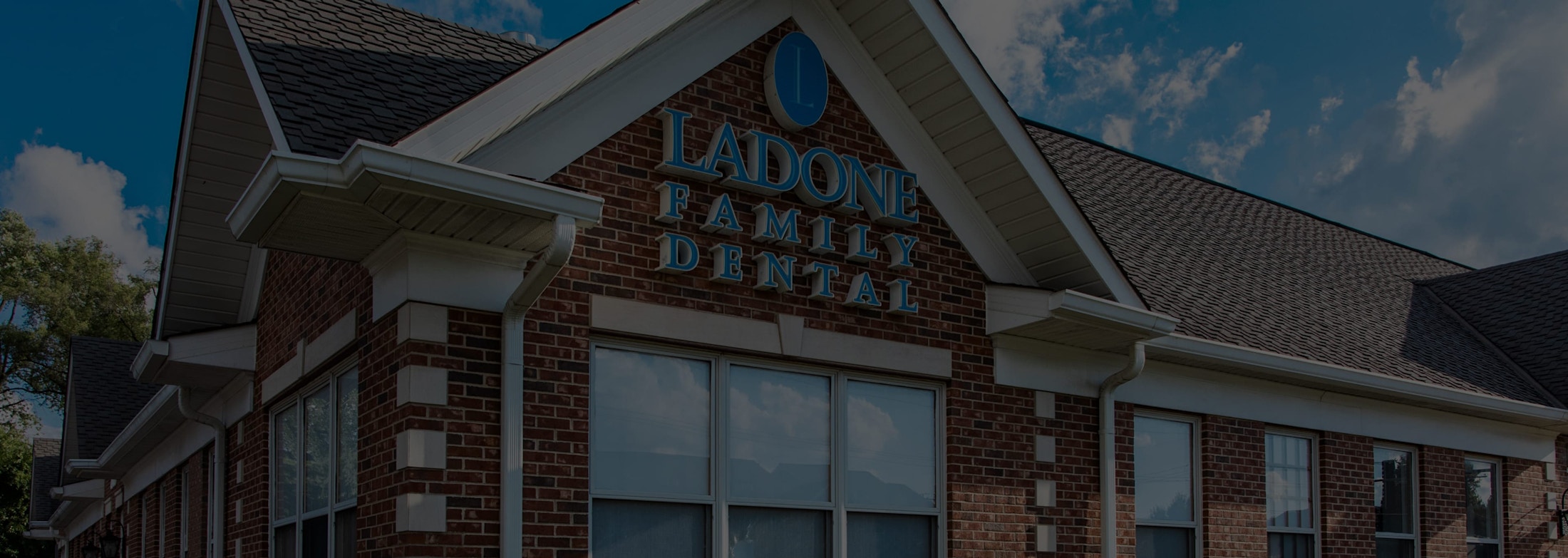What is Root Canal Therapy?
Root canal treatment can greatly help those suffering from severe toothaches. This procedure, also known as endodontic therapy, is designed to remove bacteria from the infected root canal to protect the tooth from additional infection. It includes removing any inflamed or infected pulp, cleaning and disinfecting the inside of the tooth, and filling and sealing it.
After undergoing a root canal procedure, individuals can experience relief from their discomfort and continued protection for their natural teeth. This type of therapy can ensure their teeth are kept healthy and strong. Root canal procedures are one of the most important tools available for saving teeth that may otherwise need extraction.





